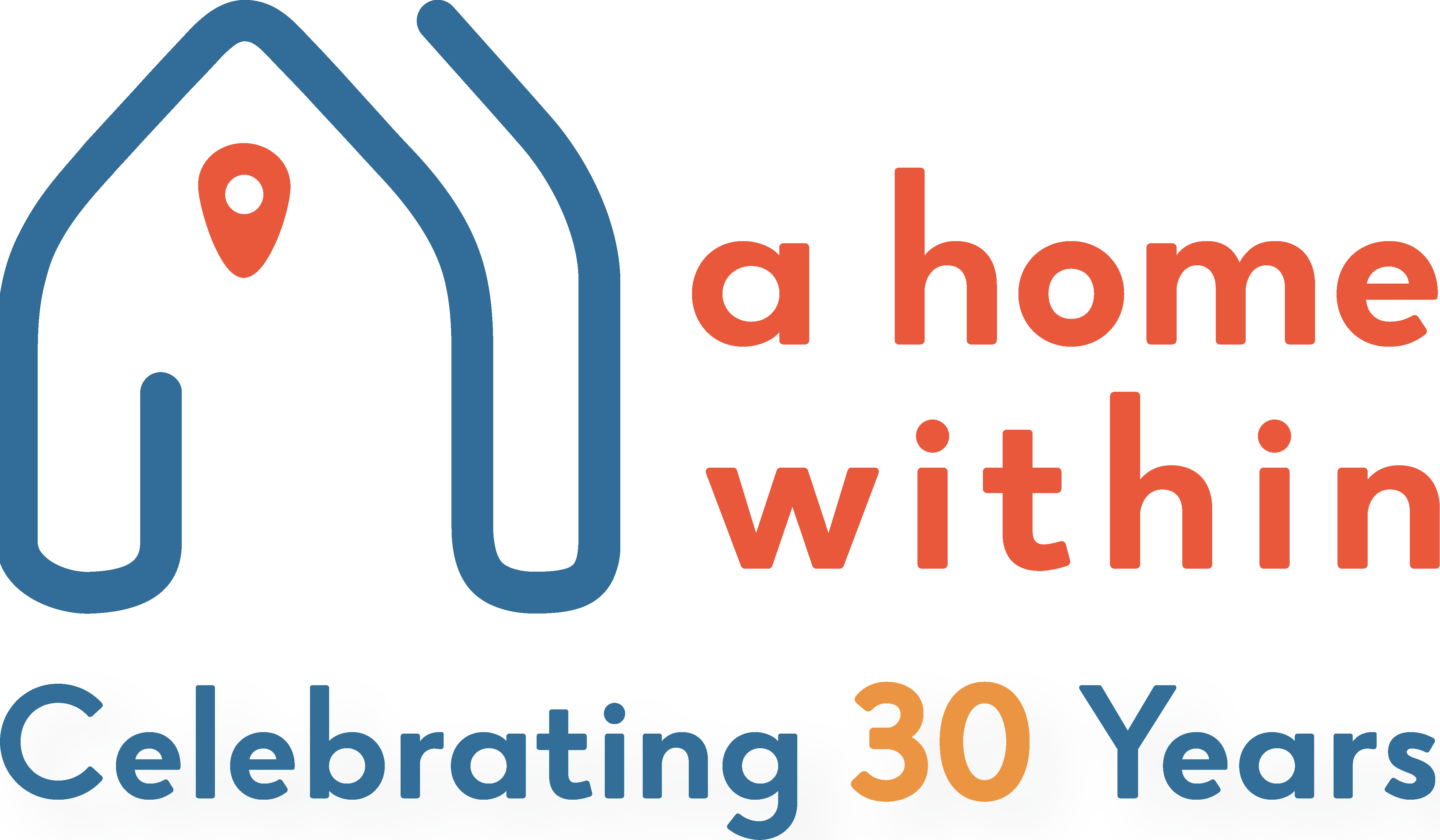Information Hub / BlogThe Ostrich Problem
Most children who enter the child welfare system have been neglected by their parents—some have also suffered physical or sexual abuse—but, by and large, foster children simply have not received the care they need from their parents or other relatives. Their most basic physical needs have not been met and their emotional needs have received even less attention. Sometimes we behave as if we simply can’t bear to see the pain in their lives.
While there may be a single event that calls attention to their plight, these children have spent most of their lives in an environment defined by “toxic stress” – chronic, unrelenting stress stemming from some combination of poverty, community and/or domestic violence, inadequate medical care, and poor educational opportunities for them or their caregivers. One or both parents may suffer from mental illness, have a history of substance abuse, or incarceration.
In short, children in foster care have not had an easy start in life and, as a result, they are generally not easy-going children. With good reason, they are angry, scared, distrustful, and short on the emotional and social skills crucial for forming and sustaining relationships.
Parenting is never easy; parenting mistreated children is just plain hard. Keeping the Promise, summarizes findings from the Donaldson Adoption Institute’s study of adoptive families, which indicates a significant need for and lack of services and support to help adoptive families succeed. The findings of this study are not surprising; what is surprising is that we need a study to detail what common sense should tell us. When you ask people to do something hard, if you want the job done right, you must give them the tools they need and teach them how to use them.
In many ways the needs of adoptive parents and foster children are very straightforward—they need help in forming and maintaining relationships. The particular form of the support each family needs will vary, depending on the strengths and challenges the children and parents bring to the mix. What does not change is the need to focus on family relationships.
With 130,000 foster children waiting to be adopted, this is an issue we cannot afford to ignore. The emotional needs of mistreated children will not disappear just because we choose not to see them. The inherent challenges of parenting mistreated children will not go away if we choose to ignore them. These parents and children face very real and difficult challenges in the process of creating a family. They need our help and we cannot help until we recognize that need.
It’s time to get our heads out of the sand.
By Toni Heineman
